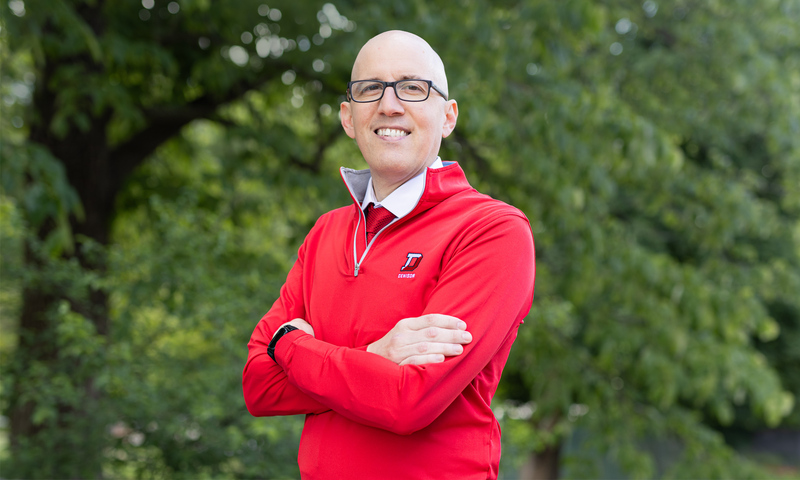While society cherishes diligent work habits, the importance of well-being is also a widespread value. But to what extent do social constructions of “good work” compete with lifestyle needs for “good health?” This question anchors Dr. Laura Russell’s investigation, “Reconstructing the ‘Work Ethic’ through Medicalized Discourse on Workaholism,” a study published recently in the Journal of Applied Communication Research.
As the article abstract explains:
While commonly construed as an ethic and/or balanceable life quality, work rarely is looked upon as being a disease. Drawing from theories of structuration as well as work-life balance literature, this study examines how societal trends of production and efficiency impact the embodied nature of human life, particularly for self-proclaimed workaholics. Through conducting a narrative analysis of texts written by workaholics, the author investigates how individuals reconstruct meanings for their work through their use of diagnostic and therapeutic terminology. Themes for the analysis center on how workaholics define and diagnose workaholism, express their experiences of this addiction, and reconstruct their lifestyles through recovery. The findings underscore the benefits of intersecting health discourse with occupational and ethical discourses surrounding work. Meanwhile, the author cautions that framing work as a disease focuses attention on individuals’ problems and thus runs the risk of overlooking potentially ‘‘ill’’ societal conditions that warrant further concern. Suggestions are offered for promoting discussions that raise explicit awareness of the embodied interconnections between work and health.
Continuing her research on constructing healthy work habits, Dr. Russell is presently collaborating with members of Workaholics Anonymous to create discourses that acknowledge more explicitly the relationship between health and work. As she explains, “These individuals have had a profound influence on me, particularly as I have become more aware of regarding myself and others as human ‘beings,’ not human ‘doings.’ Work is more than simply something people do; often, it shapes the very persons they are. Therefore, it’s so important that we think about our relationship with work and question how it impacts the quality of our well-being and relationships with others.”

